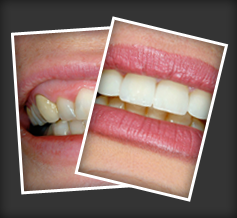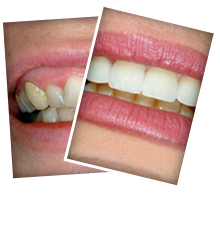Flossing prevents tooth decay and gum diseases
Cleaning in between tooth spaces is widely accepted as an important part of oral healthiness. Flossing removes plaques and food debris in hard-to-reach areas of the mouth.
However, studies that show the benefits of flossing are sparse. Together with tooth and tongue brushing, dental flossing significantly reduces the number of microbes that cause tooth decay and gum diseases.
A two-week study in the US investigated the abundance of microbial species among 51 pairs of twins between 12 and 21 years old. Since twins have many common genetic and environmental similarities, the only significant difference was the use of dental floss in the study.
One of the twins performed manual tooth and tongue brushing with toothpaste (control). The other twin performed manual tooth and tongue brushing with toothpaste plus flossing (treatment).
After two weeks, it was found that disease-causing germs were abundant in the control group. On the other hand, harmless bacteria proliferate in the treatment group.
The findings suggest that daily use of dental floss should be part of the armamentarium to maintain oral hygiene and to prevent dental caries and gum diseases.
This information is intended for educational and informational purposes only. It should not be used in place of an individual consultation or examination or replace the advice of your health care professional and should not be relied upon to determine diagnosis or course of treatment.
Archive
- May, 2019
- Apr, 2019
- Mar, 2019
- Feb, 2019
- Jan, 2019
- Dec, 2018
- Nov, 2018
- Oct, 2018
- Sep, 2018
- Aug, 2018
- Jul, 2018
- Jun, 2018
- May, 2018
- Apr, 2018
- Mar, 2018
- Feb, 2018
- Jan, 2018
- Dec, 2017
- Nov, 2017
- Oct, 2017
- Sep, 2017
- Aug, 2017
- Jul, 2017
- Jun, 2017
- May, 2017
- Apr, 2017
- Mar, 2017
- Feb, 2017
- Jan, 2017
- Dec, 2016
- Nov, 2016
- Oct, 2016
- Sep, 2016
- Aug, 2016
- Jul, 2016
- Jun, 2016
- May, 2016
- Apr, 2016
- Mar, 2016
- Feb, 2016
- Jan, 2016
- Dec, 2015
- Nov, 2015








